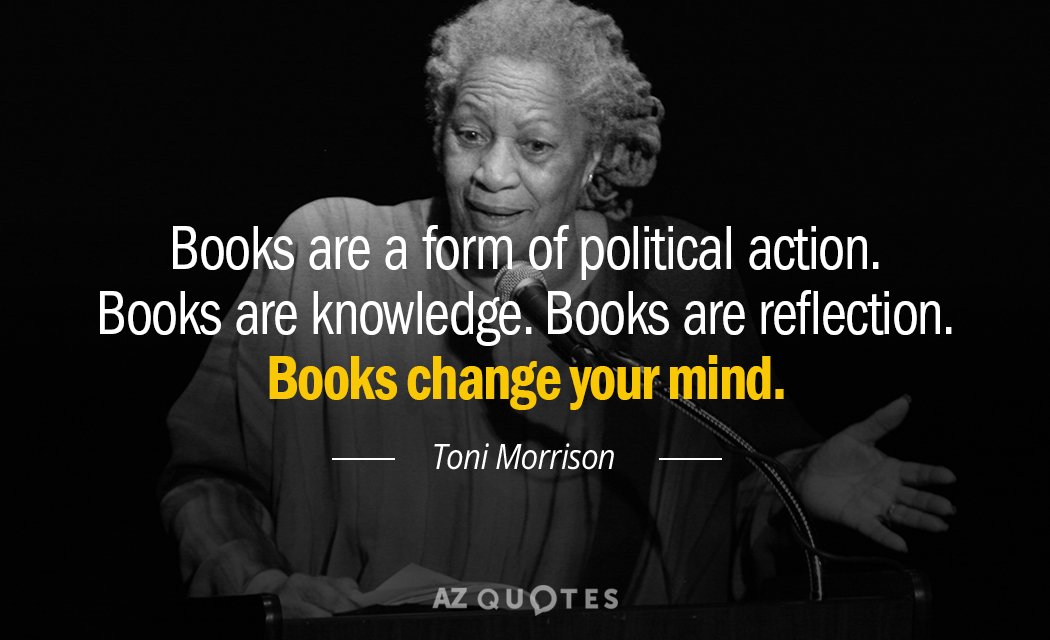“But I don’t want comfort. I want God, I want poetry, I want real danger, I want freedom, I want goodness, I want sin.”
“In fact,” said Mustapha Mond, “you’re claiming the right to be unhappy.”
“All right, then,” said the Savage defiantly, “I’m claiming the right to be unhappy.”
“Not to mention the right to grow old and ugly and impotent; the right to have syphilis and cancer; the right to have too little to eat; the right to be lousy; the right to live in constant apprehension of what may happen tomorrow; the right to catch typhoid; the right to be tortured by unspeakable pains of every kind.”
There was a long silence.
‘I claim them all,’ said the Savage at last.
-Aldous Huxley, Brave New World (p. 211)
Of all the perceptions relating to technology and the removal of individual thought in Aldous Huxley’s Brave New World and Amusing Ourselves to Death by Neil Postman, what stuck most in my mind were those relating to true happiness in the Brave New World, and how soma fits into our own modern, technological world.
Reading in class was actually the second time I’ve read the first book, and while I was able to grasp concepts and ideas much clearer, the same concept stood out to me: happiness and what it meant in the Brave New World, where everyone is happy, but no one knows the true meaning of unhappiness. I couldn’t help but think in circles. What would I choose to do with my life if I had the choice of the Brave New World, fully conditioned, or a life elsewhere? Certainly, life in the Brave New World would be joyful, but I would be robbed of all the consciousness which gave me the ability to comprehend what that meant or why it was at all significant. For I see true happiness as a happiness which you feel that you don’t deserve; happiness which you have to relish because you know that it can slip away and that not everyone can enjoy it. In the Brave New World where happiness is regular and a constant part of life, it would never be anything out of the ordinary – never anything to enjoy and hold on to. In normal life, my troubles could be lacking the comforts of the Brave New World; in the Brave New World, I would be oblivious, never knowing what I was missing.
The next thing which stood out to me was soma, and its connections to social media and technology in our culture. This was pointed out several times during Amusing Ourselves to Death, but Postman’s argument lacked the strength with which it could have had written today. One of the disparities which stood out to me most was where Postman writes about how the pace of television, and also how we “expect books and even other media (such as film) to maintain a consistency of content… we have no such expectation of television” (p. 104). While this is certainly true, in today’s world our pace and continuity of content have sped up and decreased even more. With sites such as YouTube and TikTok, where you need absolutely no context for what you watch, where videos may be seconds long and they can be passed by the instant that we cease to be interested by their content – perhaps because we find the speaker unattractive and uninteresting – Postman’s arguments can be seen in a more potent modern form.
It reminds me of a quote in the Netflix documentary “The Social Dilemma:” We’re training and conditioning a whole new generation of people that when we are uncomfortable or lonely or uncertain or afraid, we have a digital pacifier for ourselves, which is atrophying our own ability to deal with that.” Just like the soma in Brave New World, social media is becoming increasingly normalized as a way to block out the world when we are anxious, troubled, or upset – leaving us unable to deal with our emotions.
A key distinction which can be made is that the “Orwellian” world is tyrannized by an extreme ideological group, while the in the “Huxleyian,” it is controlled by technology (Postman, p.155). The question is whether that world is a utopia or a dystopia – if everyone is constantly happy, would happiness cease to have any significance? In a world where technology becomes increasingly integral to our daily lives and AI abounds, it merits looking at. Many of our visions of the future contain technology, and it is depicted negatively and positively. It reminds me of movies such as the Terminator series, where a computer intelligence attempts to take over by force, and the fears that some people have of artificial intelligence as a result. However, upon reflection it seems that the smarter option would be to gain control from the inside: corrupting our culture and discourse through technology, bit by bit, until no one would be alarmed or even conscious of what was happening. As Postman writes, it is not necessary to conceal anything uninteresting from a culture which is used to contradictions and diversions (p.111) – they have no interest.

